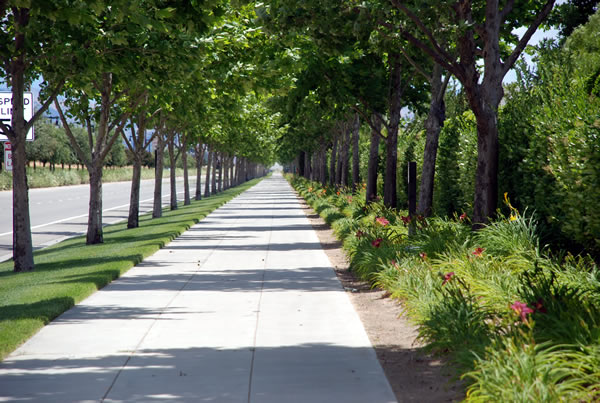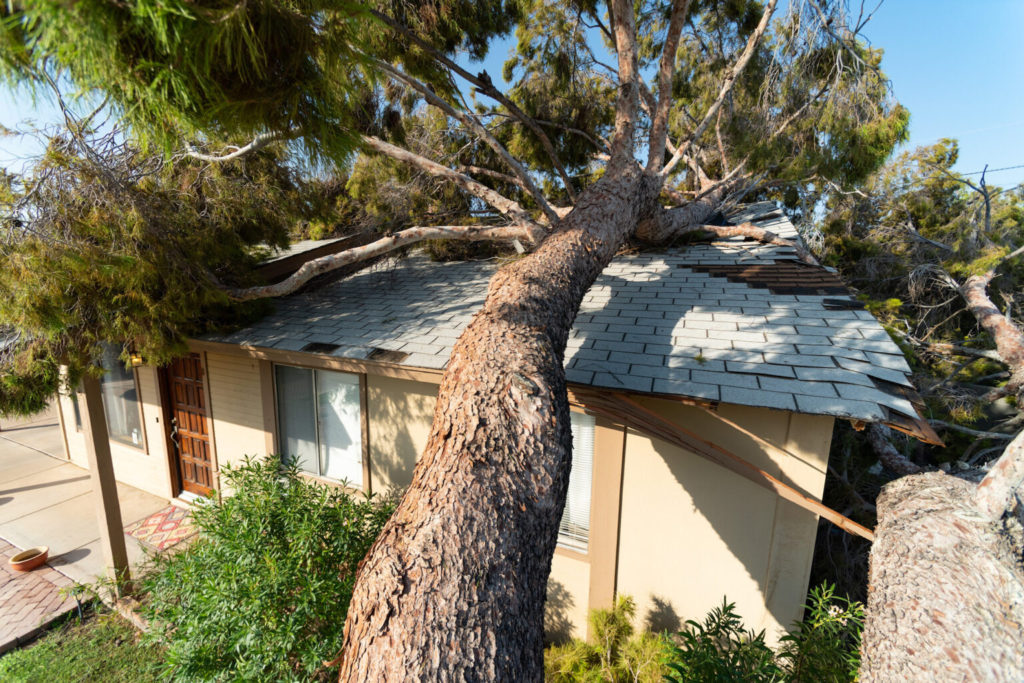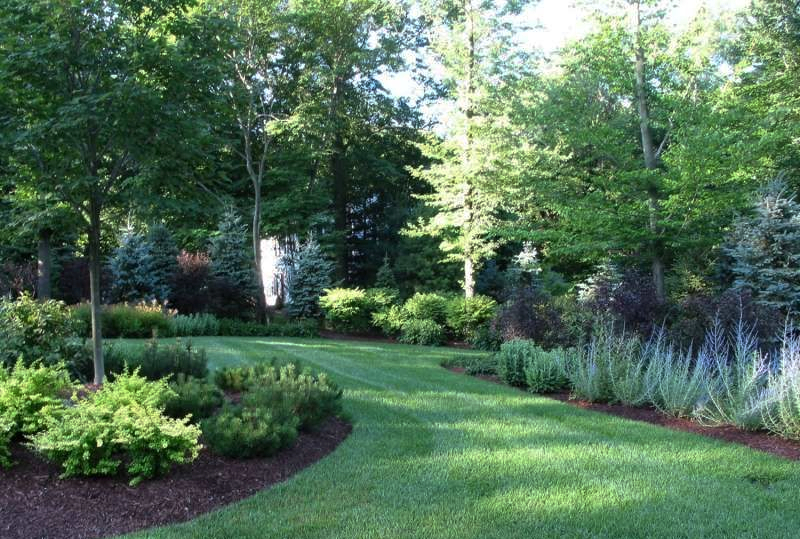What is the difference between a Certified Arborist and a Consulting Arborist?
Certified Arborists are accredited through the International Society of Arboriculture (ISA). Each individual who passes the specific test for certification will hold the title of ‘Certified Arborist’ for three years, during which time they must accumulate 30 continuing education units to maintain their certification. In general, Certified Arborists work for a company that offers a variety of tree care services, such as pruning, fertilization, cabling, lightning protection, pest management, etc.
The title Consulting Arborist, or more correctly, Registered Consulting Arborist, is issued through the American Society of Consulting Arborists. These individuals must meet the requirements of this organization to retain their title. In general, Consulting Arborists offer services that result in detailed reports to homeowners and clients regarding tree protection, risk assessments and value appraisals. A Consulting Arborist may also be more likely to be called as an expert witness in legal situations.
The benefits of partnering with a consulting arborist
Professional landscape management companies, especially those that focus on large estates, commercial properties and high-end clientele, understand that trees don’t simply represent another management task or responsibility. Trees are the largest, most obvious and most valuable asset on any property—or at least they can be.
Property managers for both residential and commercial properties are increasingly required to do more with less, and—as a result of increased competition and low-bid tactics—sometimes for less. So how do you demonstrate the added value your company provides so the client easily understands why your services should be worth a premium?
Working with a consulting arborist can help reduce the potential risks trees pose.
Over the last couple of decades, research on both the environmental benefits of urban trees and the monetary value those benefits represent has expanded our understanding and appreciation of the largest, longest living organisms in our communities. Programs such as iTree have given tree managers new tools to improve both the management for and communication about urban trees to the public. With this increase in knowledge about the value of trees comes an increased responsibility to enhance our care for them, especially since the benefit and value of trees increase with their size and health.
Working with a ASCA consulting arborist, credentialed through the American Society of Consulting Arborists, is an effective and smart way to improve the tree management services offered to your clients. These trained professionals offer a wealth of knowledge about proper pruning; pest and disease identification, prevention and management; risk assessment; tree preservation strategies during construction; and overall resource management planning. Clients that truly value their trees will view your company a cut above the competition when they learn you partner with true tree professionals rather than the cheapest “Chuck-in-a-truck” outfit. Show your clients that you understand the difference between simple tree maintenance and professional management.
An ASCA Consulting Arborist can benefit your company in many ways, such as:
Added-value services: Working with an ASCA Arborist provides a new revenue stream from the professional tree management recommendations identified by the arborist.
Increased professionalism: Networking with an ASCA Arborist helps your firm demonstrate increased technical knowledge, which increases your clients’ confidence in you and allows for opportunities to earn premium rates. The more you learn, the more you earn.
Increased effectiveness of services: Site-specific and tree-specific management recommendations based on real data improve the results of your services and allow for desired outcomes to be realized in a measured way. You can develop property management plans for your clients based on their actual property needs rather than generic industry recommendations.
Long-term management strategies: Increasing the focus on long-term management rather than short-term maintenance enhances the life and value of your clients’ tree resources or landscape and increases the cost-effectiveness of tree care over time. Promoting proactive management over reactive maintenance increases efficiency and reduces risk by addressing small concerns before they become unmanageable or too costly.
Increased property value: The overall value of landscapes increases with the size and age of trees and plants. Better management leads to better trees. Real estate data has shown that in some cases, well-cared-for mature landscapes can increase property resale value by nearly 15 percent for similar properties in the same market. You can help add value to your clients’ properties by simply partnering with a tree professional.
Increased environmental benefits: The environmental benefits and services trees provide increase with the size and health of trees. The bigger and better the trees, the bigger and better the benefits. Trees are our 24-hour-a-day civil servants. They are continually providing important, yet overlooked services, such as clean air, clean water, enhanced property and community aesthetics, carbon sequestration and stormwater runoff reduction. Trees also help cool our homes and neighborhoods, making them a more enjoyable place to live.
Professional consulting arborists can provide important services such as tree inventories and management plans for large properties that require a high detail of Certified Arborists who also possess the Tree Risk Assessment Qualification, known as TRAQ and provided through the International Society of Arboriculture, offer even more value. They can help reduce risk to your firm and clients by identifying trees that represent a heightened risk on the managed property and can recommend mitigation to lower that risk. All these services mentioned here add up to an enhanced value for your company as well as to your clients’ properties.




